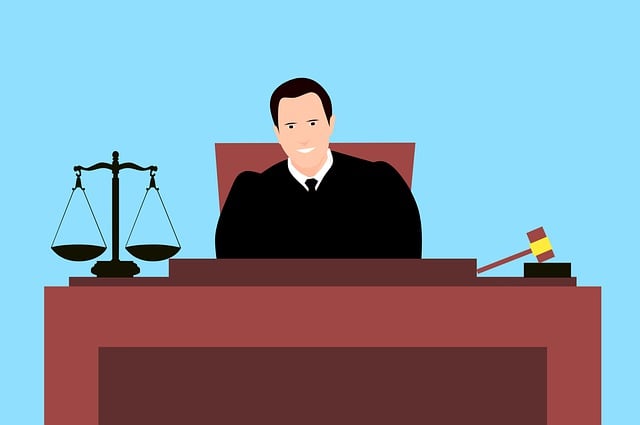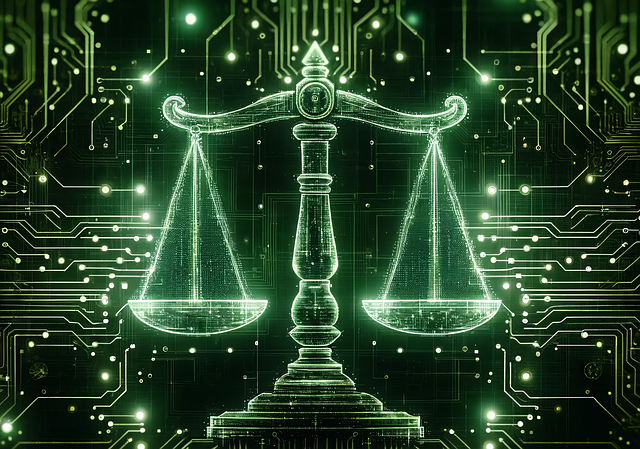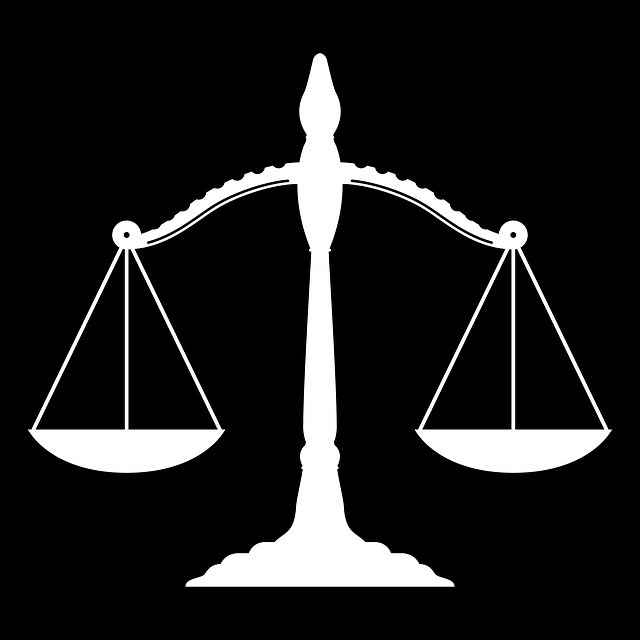Consumer Protection Lawsuits are legal actions that seek justice and compensation for consumers harmed by businesses through deceptive, fraudulent, or unfair practices. Notable examples, like class-action suits against auto manufacturers for product defects and tech companies for data privacy breaches, have led to substantial settlements, industry reforms, and enhanced consumer protections. These cases not only benefit individuals but also send a strong message to corporations about the importance of ethical conduct, driving changes in marketing regulations, data security standards, and corporate accountability. Jury trials play a crucial role in upholding these new norms and deterring future misconduct.
Consumer protection lawsuits play a vital role in safeguarding individuals from unfair business practices, ensuring market integrity, and fostering trust. This article explores the intricate world of consumer protection legal actions, delving into key principles, common triggers, and notable examples, including Examples of Successful Consumer Protection Lawsuits. From understanding the foundations to analyzing impactful cases, we uncover the far-reaching effects on businesses and the broader consumer landscape.
- Understanding Consumer Protection Lawsuits: Definitions and Key Principles
- Common Causes of Action: When Consumers Take Legal Action
- Notable Cases: Examples of Successful Consumer Protection Suits
- The Impact and Effect on Businesses: Lessons Learned from These Lawsuits
Understanding Consumer Protection Lawsuits: Definitions and Key Principles

Consumer Protection Lawsuits are legal actions taken by individuals or groups to seek justice and compensation for unfair, fraudulent, or deceptive practices by businesses. These lawsuits aim to protect the rights of consumers and ensure they receive fair treatment in transactions. The key principles behind these suits involve holding companies accountable for misrepresenting products or services, violating warranties, or engaging in unlawful marketing tactics.
Successful Consumer Protection Lawsuits serve as powerful examples across the country, demonstrating the impact of standing up against corporate misconduct. From avoiding indictment for fraudulent activities to securing substantial settlements for widespread product defects, these cases send a message to businesses that protecting consumers is not optional. The funds recovered often benefit the affected individuals but also enrich philanthropic and political communities, highlighting the broader societal implications of consumer advocacy.
Common Causes of Action: When Consumers Take Legal Action

When consumers feel they’ve been wronged by a business or individual, they often turn to legal action under consumer protection laws. Common causes of action include violations of warranty promises, false advertising, unfair billing practices, and product defects. These cases can range from small claims against local businesses to multi-million dollar class actions filed by attorneys representing corporate and individual clients across the country.
Examples of successful consumer protection lawsuits have reverberated through various industries, setting precedents for future cases. From automobile manufacturers recalling defective vehicles to tech companies settling data privacy disputes, these suits not only provide financial compensation to affected consumers but also serve as a powerful deterrent against future misconduct in the white collar defense space.
Notable Cases: Examples of Successful Consumer Protection Suits

In the realm of consumer protection lawsuits, notable cases have set precedents and showcased the power of the law to safeguard individual rights. These examples of successful Consumer Protection Lawsuits range from high-profile corporate malfeasance to individual instances of fraud, demonstrating the reach and impact of these legal actions. One such case involved a major retailer accused of misleading marketing practices, resulting in a substantial settlement that not only compensated affected consumers but also served as a deterrent for future unethical behavior.
Another prominent example highlights the success of a class-action lawsuit against a financial institution for deceptive lending practices. This case, with its focus on protecting corporate and individual clients alike, resulted in significant reforms in the industry and underscored the importance of transparency and fairness in high-stakes cases. These successful outcomes not only provide restitution to victims but also send a strong message, ensuring that businesses operate within ethical boundaries and prioritizing consumer welfare.
The Impact and Effect on Businesses: Lessons Learned from These Lawsuits

Consumer Protection Suits have profoundly impacted businesses, driving significant changes in corporate practices and culture. These lawsuits, often centered around white collar and economic crimes, serve as powerful tools for holding companies accountable. Through successful cases like those involving misleading marketing tactics or data privacy breaches, consumers have sent a clear message: ethical conduct is non-negotiable.
The consequences of these legal battles extend beyond monetary settlements. They’ve sparked a philanthropic and political movement, pushing businesses to prioritize transparency and customer welfare. Examples of successful Consumer Protection Lawsuits have reshaped industries, from enhancing data security standards to implementing stricter advertising regulations. This shift reflects a broader societal expectation for corporate responsibility, where jury trials play a pivotal role in upholding these new norms, ensuring accountability and deterring future misconduct within the business landscape.
Consumer protection lawsuits play a vital role in safeguarding the rights of individuals, ensuring businesses operate with fairness and integrity. By understanding the underlying principles, recognizing common triggers, and studying notable cases like Mishler v. Target Corp. and Amcheat, Inc. v. Snaps, businesses can proactively avoid violations and mitigate risks. These lawsuits not only protect consumers but also foster a more transparent and accountable marketplace, ultimately benefiting everyone involved. As we’ve seen from successful examples of consumer protection actions, being mindful of these legal considerations is essential for maintaining a robust and ethical business environment.






